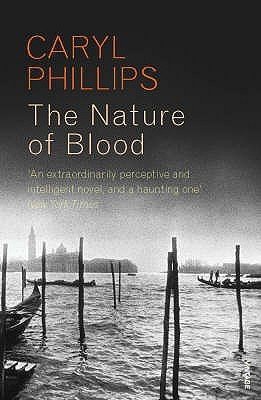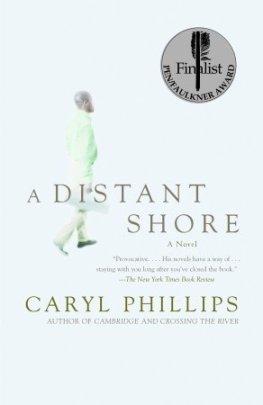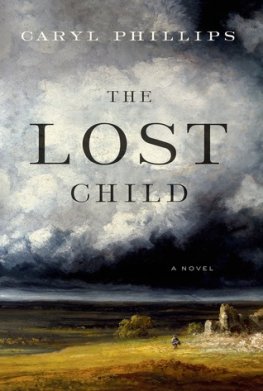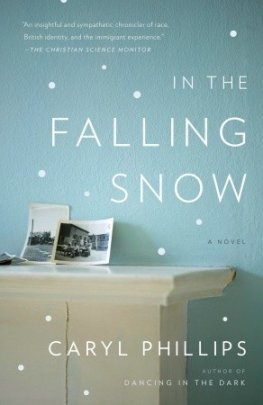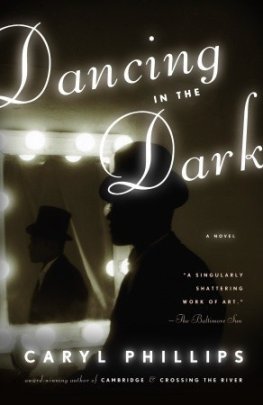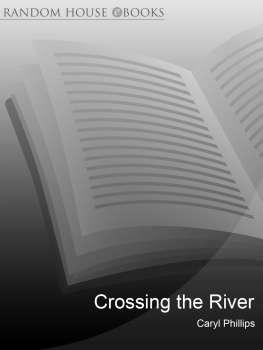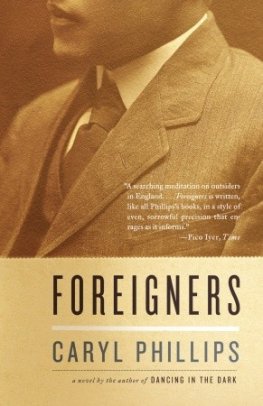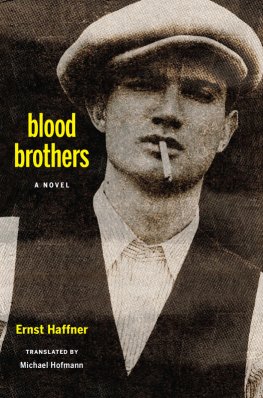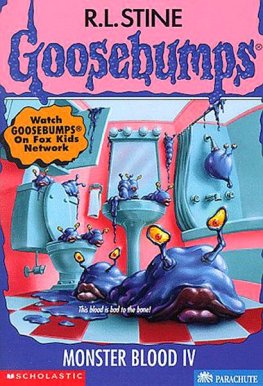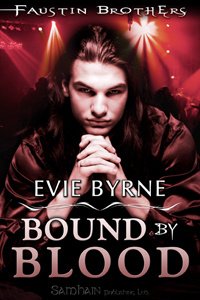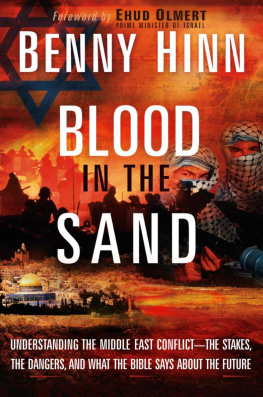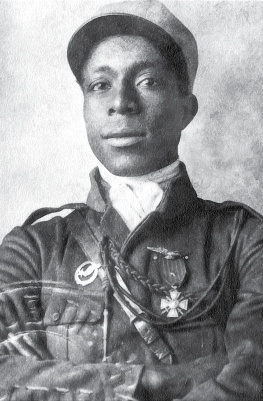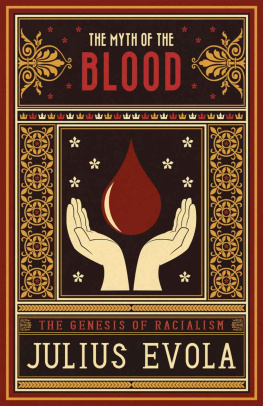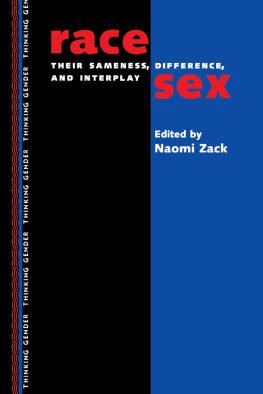Caryl Phillips - The Nature of Blood
Here you can read online Caryl Phillips - The Nature of Blood full text of the book (entire story) in english for free. Download pdf and epub, get meaning, cover and reviews about this ebook. year: 2008, publisher: Vintage, genre: Prose. Description of the work, (preface) as well as reviews are available. Best literature library LitArk.com created for fans of good reading and offers a wide selection of genres:
Romance novel
Science fiction
Adventure
Detective
Science
History
Home and family
Prose
Art
Politics
Computer
Non-fiction
Religion
Business
Children
Humor
Choose a favorite category and find really read worthwhile books. Enjoy immersion in the world of imagination, feel the emotions of the characters or learn something new for yourself, make an fascinating discovery.
- Book:The Nature of Blood
- Author:
- Publisher:Vintage
- Genre:
- Year:2008
- Rating:4 / 5
- Favourites:Add to favourites
- Your mark:
- 80
- 1
- 2
- 3
- 4
- 5
The Nature of Blood: summary, description and annotation
We offer to read an annotation, description, summary or preface (depends on what the author of the book "The Nature of Blood" wrote himself). If you haven't found the necessary information about the book — write in the comments, we will try to find it.
The Nature of Blood — read online for free the complete book (whole text) full work
Below is the text of the book, divided by pages. System saving the place of the last page read, allows you to conveniently read the book "The Nature of Blood" online for free, without having to search again every time where you left off. Put a bookmark, and you can go to the page where you finished reading at any time.
Font size:
Interval:
Bookmark:
Caryl Phillips
The Nature of Blood
For Tony
ACKNOWLEDGEMENTS
In the course of writing this novel I referred to many works which space does not allow me to acknowledge. I would, however, like to express my debt to two books: Trent 14.75 by R. Po-Chia Hsia (Yale University Press), and Portobuffole by Salomone G. Radzik (Editrice La Giuntina).
THE NATURE OF BLOOD
BETWEEN us a small fire sputtered. When the wind rose, the flames occasionally danced. A pair of young men moved from fire to fire, carefully replenishing each nest of flames with sticks and twigs from a wicker basket which they bore with authority. They passed from one group to the next, eager to be seen to be efficiently carrying out their task. After they had finished with my fire, I thanked them and received their silent nods in reply. I watched as they strode away to the next group. The new kindling snapped, and the flames rose higher and illuminated the boy's face. He spoke quietly.
'Tell me, what will be the name of the country?'
'Our country,' I said. 'The country will belong to you too.'
The boy looked down at the sand, then scratched a short nervous line with his big toe.
'Tell me, what will be the name of our country?'
I paused for a moment, in the hope that he might relax. And then I whispered, as though confessing something to him.
'Israel. Our country will be called Israel.'
He looked up at me, the light from the fire reflected in his dark eyes.
Our country lay beyond this sand, beyond the black silk of the night sea, away to the south, away to the east. Distant, yet so tantalizingly close. Our troubled land. Palestine. Israel. The boy whispered the new word to himself, weighing it carefully on his tongue, rolling it from one side of his mouth to the other, until he was happy with its presence. He looked across at me.
'And in Israel the fruit is on the trees?'
'The fruit is on the trees. You may take the fruit straight from the branch.'
The formal part of the evening was over, and, together with this boy, I was sitting on a broad expanse of beach in southern Cyprus. Shoshana's concert had finished late, but the mood remained high and the atmosphere still resonated with the haunting melodies of her Yiddish songs. Mr Bellow, the camp director, had suggested that those of us who were staff might organize a picnic on the beach and enjoy the night air. We could talk and sing and, although he did not say this, he implied that those who already had some experience of the new country might educate those for whom the land beyond the water remained a mystery. We so-called staff members were all volunteers from Palestine, two dozen or so doctors, dentists, teachers and nurses, representatives of useful professions. Some linked arms as they walked through the barbed-wire gate and out of the camp, but being a little older than the others, and perhaps somewhat less idealistic, I chose to saunter by myself. Mr Bellow had arranged for a group of young men and women, trusted internees, to follow us down to the beach and light our fires. As it happened, I recognized one among them: Moshe, a tall, angular boy of Romanian origin. He had only recently arrived in the camp, and had been assigned work as a messenger boy at the makeshift hospital where I carried out my duties. Although we had passed only a few words, I invited him to forsake his fire-lighting duties and sit with me on the beach.
The boy was nervous, clearly worried about what his colleagues would think about his abandoning them in order that he might sit and talk with one of the doctors. I tried to reassure him, but the agitation in his eyes remained. Mr Bellow took a special interest in these young people the orphaned and the unattached, as he called them both boys and girls who were too old to be placed with families, yet too young to be treated as adults. He was forever reminding his staff volunteers that, for these people in particular, the world must seem a very difficult place. We must endeavour to treat them as though they were our own lost children. He could have saved his words, for most had already been quietly recruited by armed emissaries from Palestine who regularly infiltrated the camp. The majority of the 'orphaned and unattached' were now Hagannah trainees, secretly preparing themselves for a life of military service in the underground army that they would join once they reached Palestine. However, the American Mr Bellow preferred to imagine his 'orphaned and unattached' as innocents in need of constant protection and education. With perhaps the exception of the newly arrived Moshe, nothing could be further from the truth.
Mr Bellow had been sent to Cyprus by a New York-based Jewish aid organization, the Joint Distribution Committee. He had arrived in the Mediterranean shortly after the British had initiated their policy of turning away refugee ships from Palestine, and off-loading the passengers on to their island of Cyprus. At first there were two camps, then three, then four, and now there were almost a dozen, containing over thirty thousand refugees of all ages and nationalities, whose sole aim in life was to escape war-ravaged Europe and reach the promised land. The benevolent Mr Bellow, a large, jocular man, presided over all the camps, attending to the health, education and general welfare of the displaced and the dispossessed. He faithfully promised each internee that they would eventually reach Palestine, but the British quota of seven hundred and fifty persons per month meant that thousands would have to spend weeks, if not years, under British lock and key on Cyprus. It was Mr Bellow who had arranged for trained professionals to journey from Palestine, both to attend to the sick and to assist in social welfare and language training. Quite simply, we professionals were to prepare these internees for their future lives.
Moshe had a head that appeared to be too large for his long, thin body. He sat cross-legged, a bundle of knees and elbows, and he quietly mentioned the name of the camp from which he had been liberated by the Russians. For want of anywhere else to go, he had returned to his village, but he soon discovered that another family were living in his parents' house. They were surprised to see him, but greeted him in a cordial manner and gave him soup to drink and a bed in which to sleep. And then, in the morning, a delegation of men arrived and pressed money upon Moshe. They told him that he should leave now, and if they ever saw him again they would kill him. Moshe related his story without once meeting my eyes. And then he smiled slightly and shrugged his shoulders.
'And so I left. What else could I do?'
Up on the hill, and crouched behind the barbed-wire fence, the camp stared down at us. A dishevelled collection of tin huts and tents were illuminated by bright floodlights. However, this shower of electricity, far from conferring any glamour, served only to confirm the pitiful nature of the whole shabby enterprise. The British had taken it upon themselves to imprison the defenceless. Around the perimeter of the camp, British tanks were stationed at regular intervals, and even down here on the beach there were tanks, their guns trained, the nervous soldiers alert to the task of guarding unarmed men, women and children. A foolish posting. Back up at the camp, I could clearly see silhouettes as people moved about nervously, visiting the latrines, taking the night air, pulling on a cigarette, dreaming. From where they stood, they could gaze down at the beach and see people sitting and talking and laughing, and then they could look out beyond the beach to the sea and imagine what lay over the horizon and out of sight. During the day, these people's lives simply marked time as idleness began to eat its way into their souls. However, their nights skirted an abyss, for they now recognized that in the inescapable intimacy of the camp, human dignity was beginning to decay. Inertia was ruining them, and the old values of discretion and decency seemed to count for little. Moshe waited until the pair of young men had moved off. The new kindling snapped, and the flames rose higher and illuminated the boy's face. He spoke quietly.
Font size:
Interval:
Bookmark:
Similar books «The Nature of Blood»
Look at similar books to The Nature of Blood. We have selected literature similar in name and meaning in the hope of providing readers with more options to find new, interesting, not yet read works.
Discussion, reviews of the book The Nature of Blood and just readers' own opinions. Leave your comments, write what you think about the work, its meaning or the main characters. Specify what exactly you liked and what you didn't like, and why you think so.

